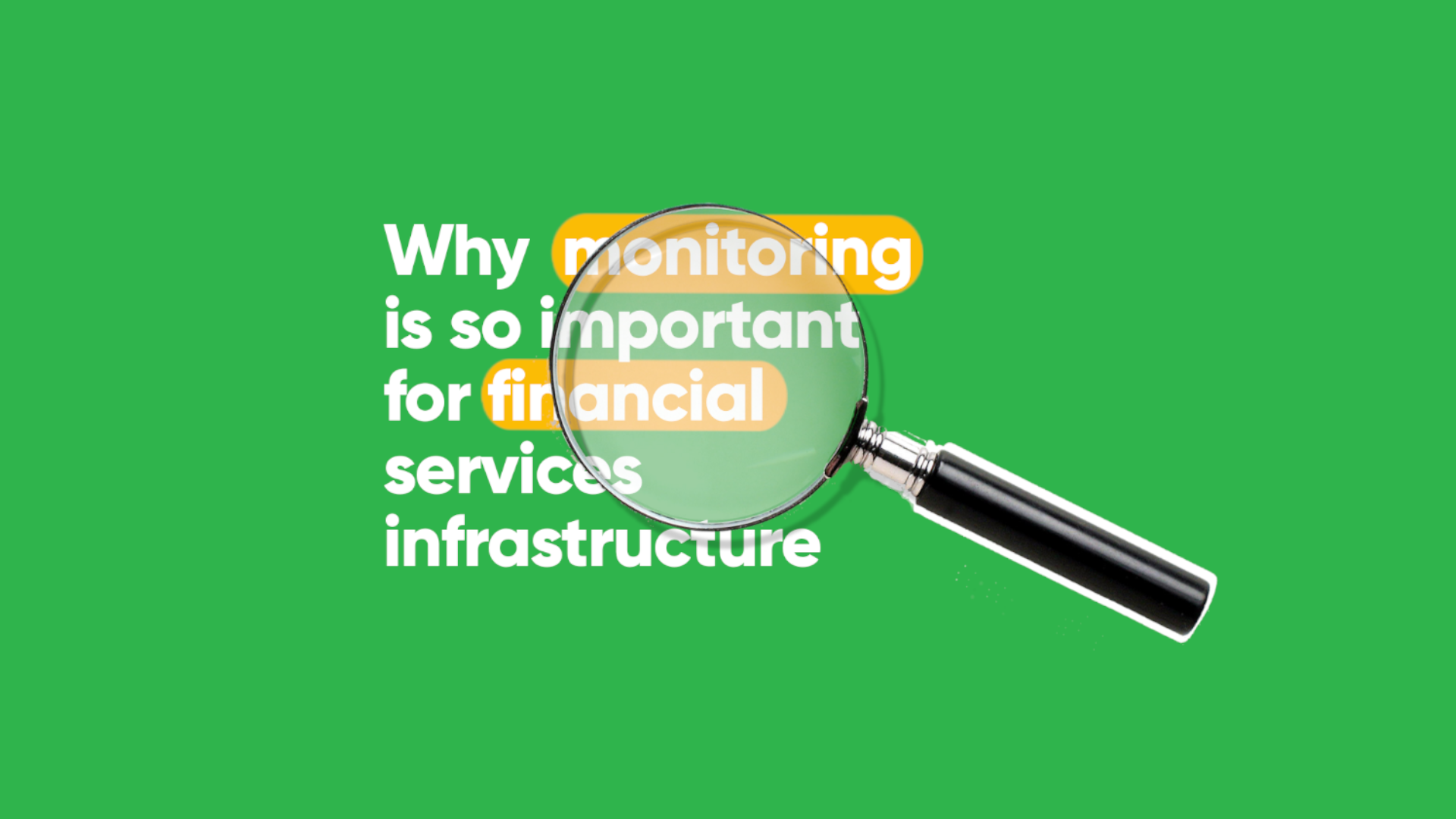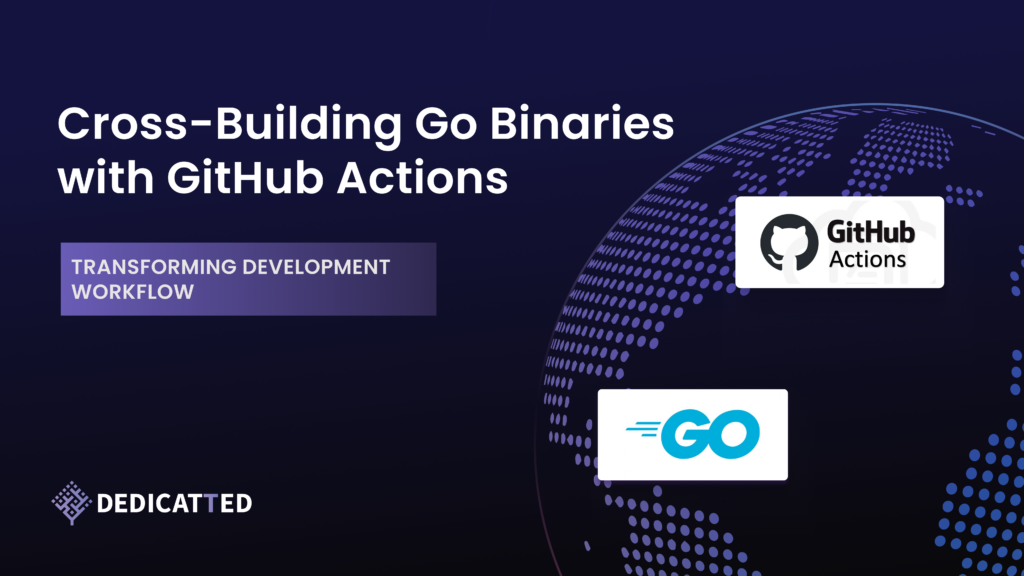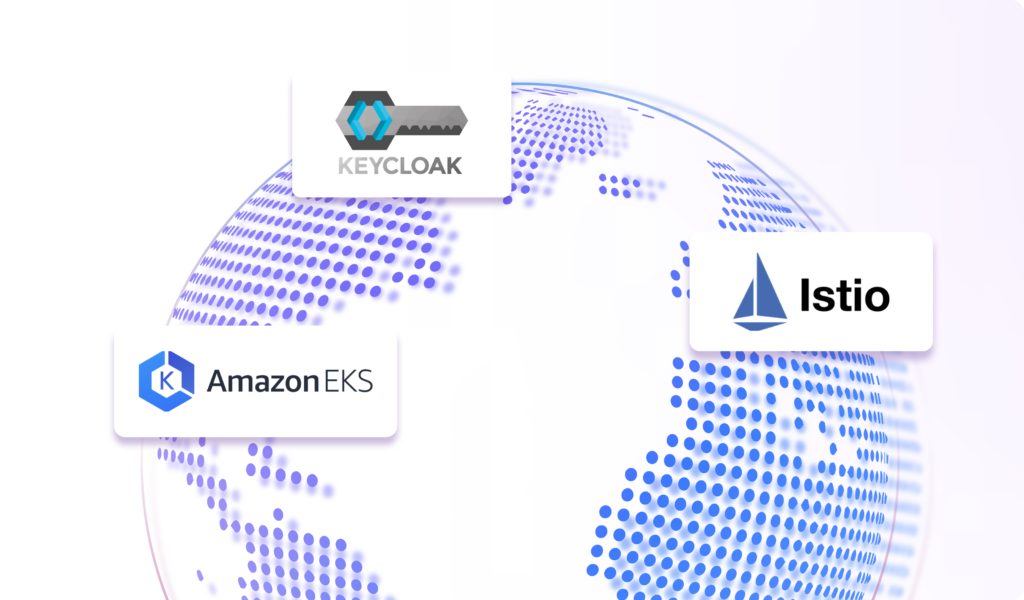Why is monitoring so important for financial services infrastructure?
14.02.2023
3 minues

Cinematography knows lots of plots with financial structures’ robberies. No matter how secure it is, there is still the possibility of a breach. And there is always an interest of intruders in everything related to money and sensitive data.
When it comes to financial services, the infrastructure is critical to its success. Without proper monitoring of it, the entire system could be at risk of failure or hacking.
It means you have to make security your highest priority. Hacker attacks can cause large financial and customer confidence losses. As a consequence, it may lead to the closure of your business.
Implement all the best methods to protect your financial service infrastructure. That’s where monitoring can be very helpful.
Monitoring is the practice of tracking and measuring the performance and health of systems and applications to identify and correct issues early. You will see any strange activity in the infrastructure. It can prevent both hacker attacks and unexpected costs if they start to increase dramatically.
Let’s consider five reasons to implement monitoring.
Reason #1: Minimize downtime
Financial services infrastructure is designed to operate around the clock. Any downtime, even if it’s brief, can have significant consequences. Monitoring enables the detection of issues before they become major problems, allowing for proactive maintenance and repair. This can help minimize downtime and prevent system failures.
Reason #2: Identify and resolve issues quickly
When an issue arises, it’s important to identify and resolve it quickly. Monitoring the infrastructure allows early detection of issues, enabling faster resolution times. This can prevent the issue from escalating and potentially causing further damage.
Reason #3: Ensure compliance
Financial services infrastructure must comply with numerous regulations and standards. Monitoring can help ensure that the infrastructure is meeting these requirements. It can also provide an audit trail to demonstrate compliance with regulators.
Reason #4: Optimize performance
Monitoring allows for the tracking of key performance metrics such as response times, throughput, and resource utilization. This data can be used to identify areas for optimization and fine-tuning. By improving the performance of the infrastructure, financial services firms can provide better service to their customers and gain a competitive advantage.
Reason #5: Enhance security
Financial services infrastructure is a prime target for cyberattacks. Monitoring can help detect suspicious activity and potential security breaches. With early detection, security teams can quickly respond and mitigate the threat, preventing potentially catastrophic consequences.
A hint
Implement both monitoring and logging.
Logging provides a record of events and actions that occur within a system. It can be useful for troubleshooting and identifying issues.
By combining logging with monitoring, you can gain a more complete understanding of how your system is functioning and identify and resolve issues more quickly. Logging can also provide context and additional information that may not be available through monitoring alone. That will help to make more informed decisions about how to optimize your system’s performance.
Conclusion
Monitoring is an essential component of financial services infrastructure. It enables the detection and resolution of issues, minimizes downtime, ensures compliance, optimizes performance, and enhances security.
By investing in a robust monitoring system, financial services firms can safeguard their infrastructure and provide reliable, secure, and efficient services to their customers.
To get the most out of monitoring, you should carefully select and implement a tool to cover these tasks. We at Dedicatted can help you to implement the most effective solution for your needs.
Reach out to us via contact@dedicatted.com.













